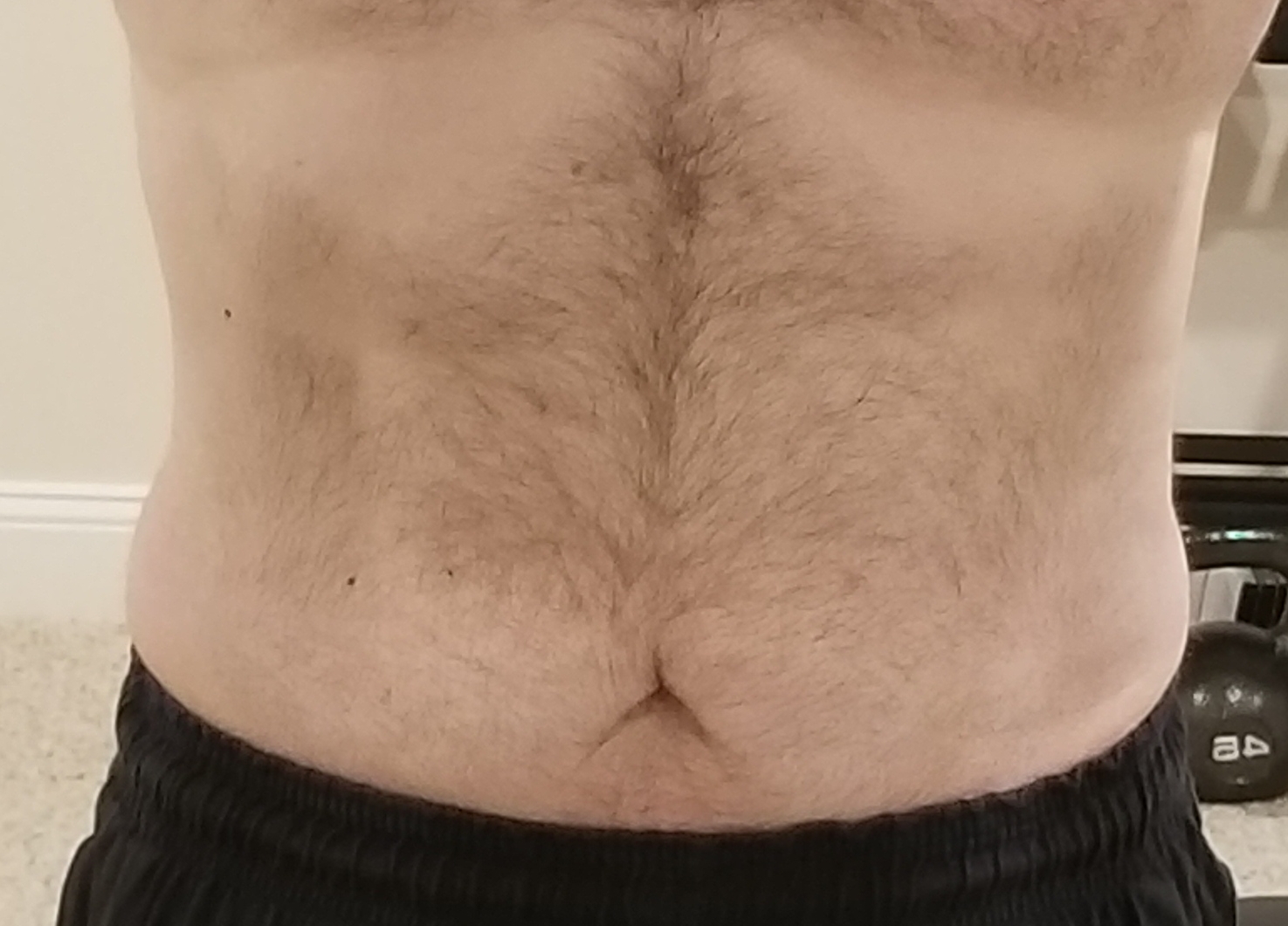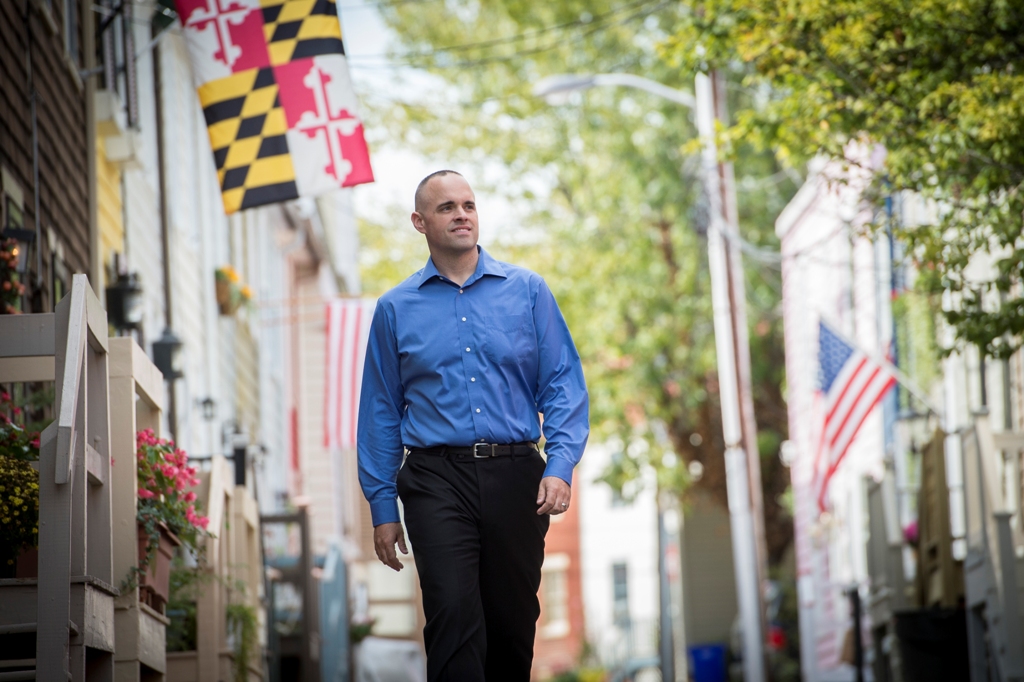Bariatric surgery FAQs
When I deliver the testimonials at the bariatric surgery seminars, I always get asked the same questions by those in attendance. I figured it would be helpful to list those here, as anyone considering the surgery is likely to have the same exact questions.
Q: How much weight will I lose from the surgery?
A: That depends on you, of course. However, if you stick to the diet they prescribe, you will likely lose at least 60% of your excess weight. I lost 100 pounds in under 6 months and 133 pounds to date. I’m not sure how typical these results are, but I suspect they’re inevitable if you follow the plan.
Q: Can I still drink alcohol after surgery?
A: People ask this all the time for some reason. The answer I heard my surgeon give is basically yes, but you’ll become a cheap drunk. I can confirm this. I used to have an amazing tolerance, but got drunk off 1 pint of German beer after the surgery. My recommendation to everyone is to avoid alcohol all together. It has calories, and really serves no purpose to a healthy diet in my opinion.
Q: Will I develop loose skin after surgery?
A: It depends on your initial size and the elasticity of your skin. I highly recommend applying a collagen cream or similar product before, and after the surgery, to help reduce the possibility of loose skin. You have to consider that your skin is stretched by a lot of fat, and that fat disappears extremely rapidly, so the skin doesn’t have much time to adjust. Because of that, loose skin happens. The solution, should you develop it, is to either fill the space with muscle, or get skin removal surgery. I’ve heard that surgery has a long recovery time. I was blessed to not have much loose skin, and I’m actively working to build up muscle to fill the void.

Q: If the surgery really works, why do many people fail?
A: I’ve been told that about half the people who get the surgery, gain the weight back. That is a very sad statistic to me. The fact is, the surgery is not a magic bullet. If you view it as that, you will fail. If you use it as a tool to obtain healthy eating habits and a healthy lifestyle, you will succeed. It’s that simple. It’s way easier to implement a healthy diet when you’re not hungry. It’s way easier to implement a workout regiment after you’ve lost a huge amount of weight. I recommend everyone who gets the surgery to have a plan for getting to that goal with the surgery as a tool, instead of a miracle fix.
Q: Are there age restrictions to getting the surgery?
A: My surgeon operated on 70+ year old patients. It’s my understanding that he looks at their ability to handle the surgery as the determining factor. As for minimum age, I believe that varies on a case-by-base basis. I’ve read news reports of kids having it performed. I personally have to question the effects of surgery on a child’s growing stomach (with age). In summary, the circumstances should really be the determining factor. Talk to to a few surgeons, as some may have different requirements.
Q: How long do I have to wait after surgery until I can do physical activity?
A: I literally walked miles in the 2 days following surgery. You will feel amazingly fine after surgery. As far as impact sports go, I believe they suggest a few months because the stomach has to fully heal first.
Q: Does the surgery have a mental impact on the patient? I’ve heard of relationships ending afterwards!
A: It’s funny, my wife initially had these concerns about the surgery. She apparently read those rumors online somewhere. However, I have heard of people losing massive amounts of weight (not just from surgery) and then straying from their significant other. I suspect this is the consequence of the individual feeling liberated from a bad relationship that pre-existed the weight loss, and the thinner body was a perceived avenue for finding a better mate. I’m sure there are people that feel stuck in a relationship because they think they cannot do better; however, the surgery provides the needed push for exiting that relationship because of the heightened self confidence. I can say firsthand that the surgery and the related weight loss has never given me those thoughts, not even for a minute.
Q: Is the surgery risky?
A: All surgery has inherent risk. However, take a look at the leading causes of death for people. You’re much more likely to die of a heart related event or illness than surgery. I highly recommend finding a surgeon that has performed the surgery thousands of times. Do not hesitate to ask him or her how many of that particular surgery they have performed. The procedure should feel like second nature to them when they go to operate on you. I can say from my experiences that I never once was concerned for my safety in the care of my surgeon or hospital. They really had their act together and were prepared for everything.
Q: At what weight is surgery necessary?
A: I would say that if your Body Mass Index (BMI) is in the morbidly obese range, you should consider it as an option if all alternative options fail.
Q: Is the surgery painful?
A: I was told the stomach has very few nerve endings, and I believe it. The only pain I felt the whole time was from the laparoscopic incision points, as those healed up. Honestly, it wasn’t bad at all.
Q: How much can you eat after the surgery?
A: After my stomach fully healed, I could comfortably eat a single plate of food. Density of food impacts how quickly I feel full. For example, meat sits heavy and will make me feel full much faster than a salad, for example. In my opinion, I get full at the perfect amount of consumed food. It operates as a fail-safe so I don’t overeat in a single meal. Gone are the days of buffets, thank goodness!
Q: Are there any foods you can’t eat, or have to avoid, after surgery?
A: I can’t handle spicy food now. I used to be able to just fine, but hot things like jalapenos really cause me discomfort.
Q: Do you ever regret the surgery? Would you have done anything different?
A: I will never regret the surgery. It started a chain of events that helped me implement the lifestyle I should have always had. It also provided me with a fail-safe against overeating. Sure, if I took what I know now and could go back in time, I might not have needed the surgery; regardless, I was never going to be successful without surgery as a tool to assist me.
Q: How much does the surgery cost?
A: My insurance covered it. I have heard that it costs in the ball park of $20k out of pocket otherwise. Either way, it’s absolutely worth it in my opinion. How do you put a cost on your life?
Q: Do you have to take any medication or supplements because of the surgery?
A: Because I had the gastric sleeve, no. Had I gotten the gastric bypass, yes, I would have needed vitamin and mineral supplements for the rest of my life. I do take supplements, but only for general health reasons unrelated to my surgery.
Disclaimer: The information contained in this blog is based entirely upon my experiences and observations. I am not a medical professional and you must do your own research and consult your doctor before making any changes to your eating, fitness, medication, or supplements. This general information is not intended to diagnose any medical condition or to replace your healthcare professional.
